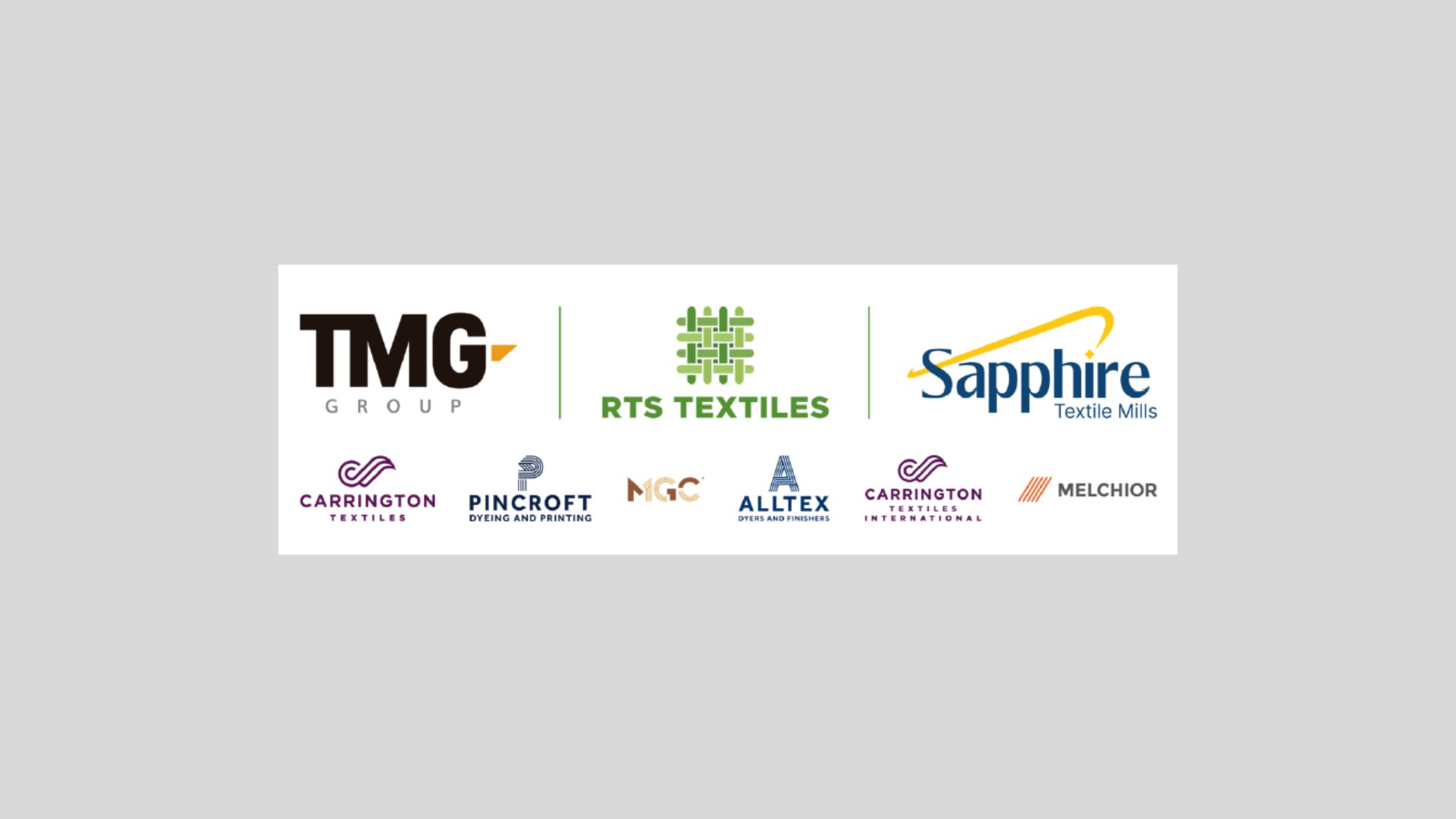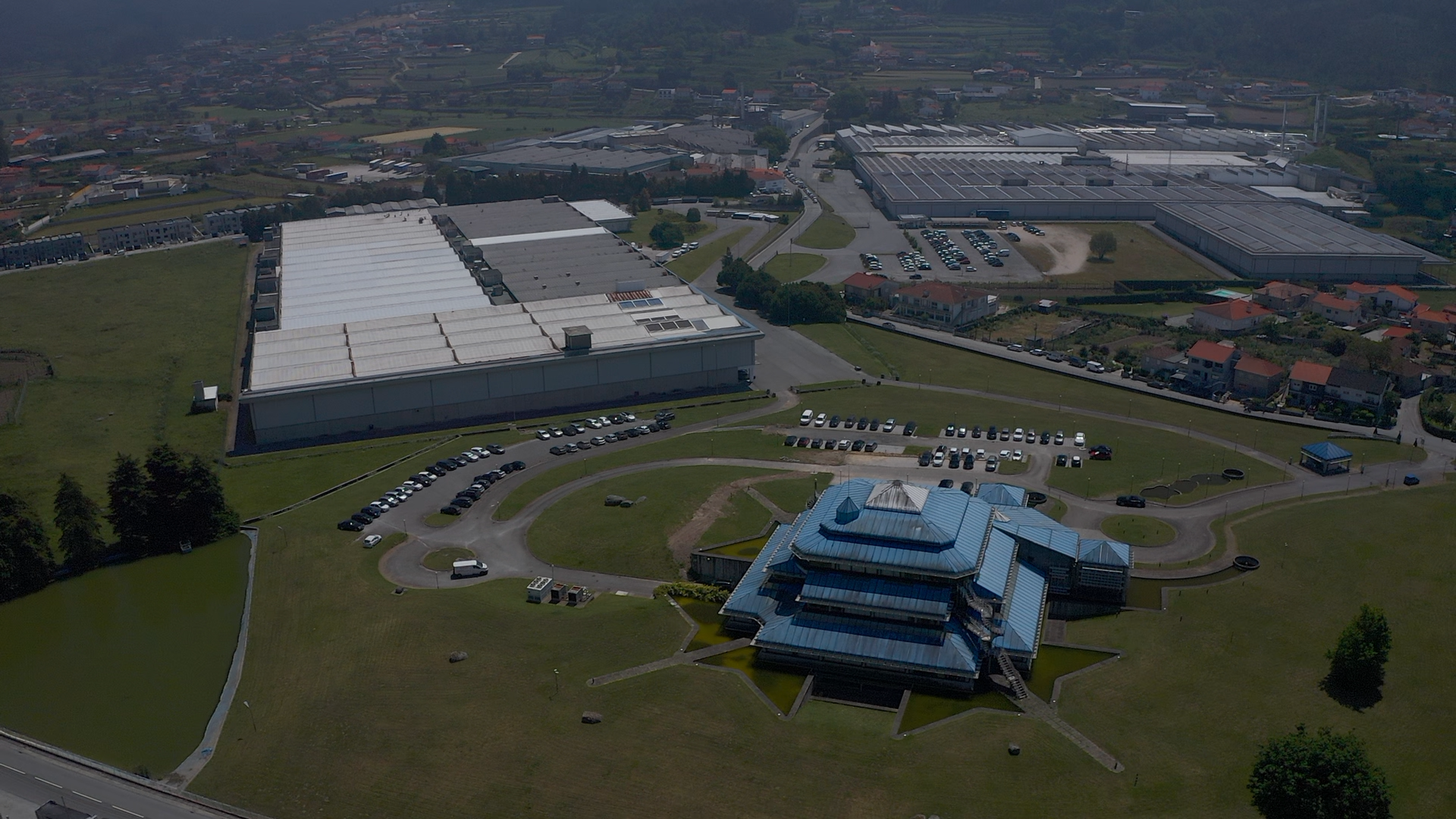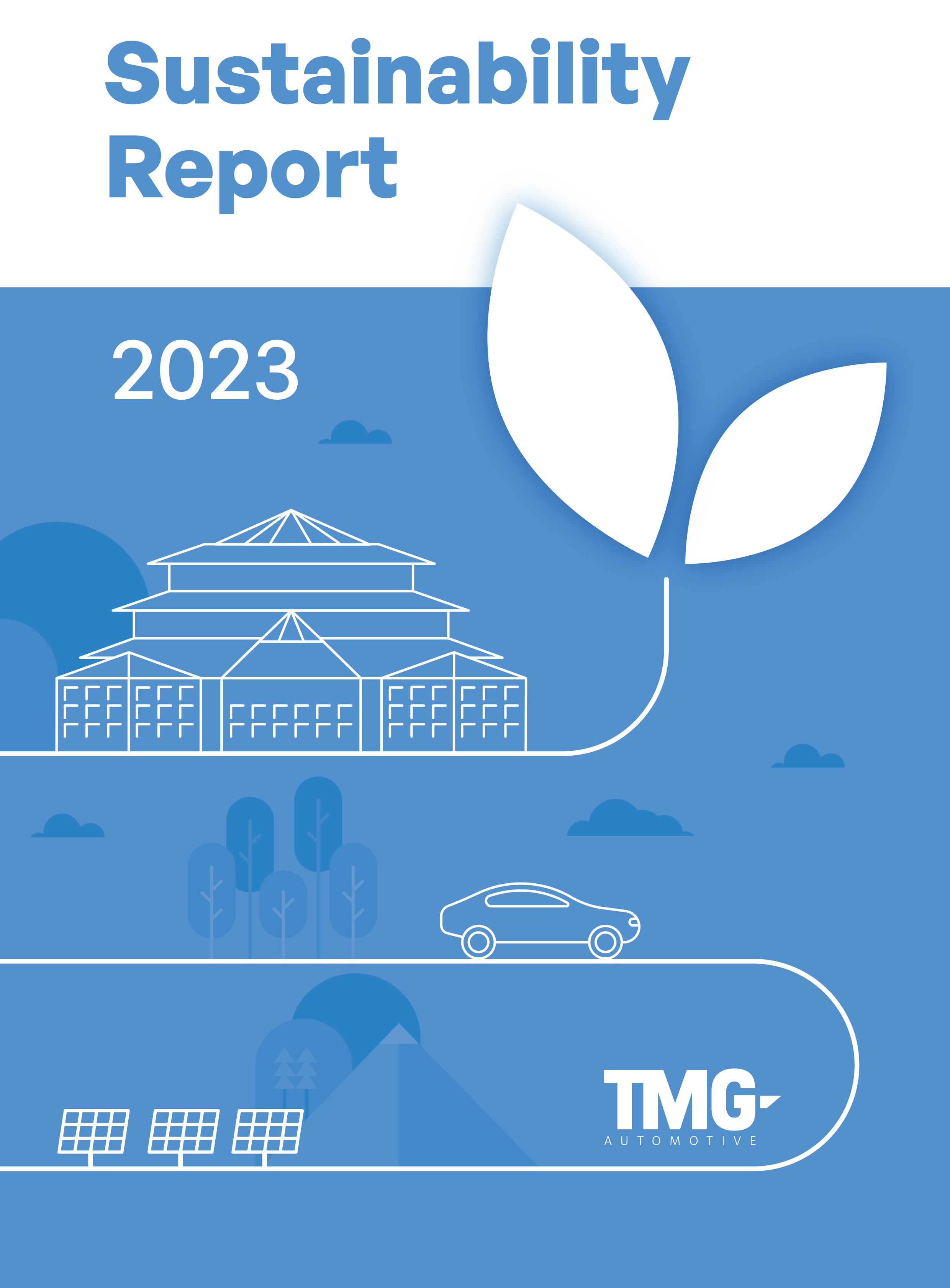22-09-2022
Isabel Furtado: "Queremos chegar à neutralidade carbónica em 2039"
A TMG Automotive, que vai já no seu quarto relatório de sustentabilidade usando os indicadores do Global Compact das Nações Unidas, tem como meta atingir a neutralidade carbónica 11 anos antes dos prazos estabelecidos no Acordo de Paris sobre alterações climáticas.
Em entrevista ao Jornal Têxtil à margem da última iTechStyle Summit, a CEO da TMG Automotive Isabel Furtado – que é também vice-presidente da ATP e, durante quatro anos, liderou a COTEC, tendo sido condecorada com Grã-Cruz da Ordem do Infante D. Henrique pelo Presidente da República na sequência do trabalho realizado à frente desta associação – explica também como as megatendências afetam a inovação e o negócio e procura antecipar os desafios e o futuro da indústria têxtil em Portugal.
Que papel desempenha a sustentabilidade dentro da TMG Automotive?
Diria que é um pilar. Mas temos que olhar para a palavra sustentabilidade com os seus três pilares. Estamos muito habituados a falar da sustentabilidade em termos ambientais, mas a sustentabilidade tem três pilares: o pilar social, o pilar económico e o pilar ambiental. E a TMG sempre se regeu muito por esses três pilares. O pilar de não só fazer bem, fazer economicamente produtos viáveis, mas também produtos que vão ao encontro do que esperamos que seja um futuro melhor, nomeadamente na área ambiental. Portanto, foi quase como um crescer natural esta estratégia que definimos de suportar uma trajetória ambiental na nossa empresa. A TMG foi talvez das primeiras empresas em Portugal a obter a certificação ambiental ao nível da ISO 14001, e toda esta área da defesa do ambiente, da comunidade local e da comunidade dentro da TMG foi crescendo. Não posso dizer que começou num determinado ano, cresceu naturalmente, sempre esteve lá. A TMG está inserida num meio rural e sempre houve uma preocupação grande em preservar a natureza à nossa volta, sempre houve uma preocupação em ter espaços verdes. Depois, isso evoluiu naturalmente para um modelo mais formal de sustentabilidade. Neste momento, a nossa ambição é, realmente, a descarbonização e não vamos esperar até 2050.
--------
Isabel Furtado: "We want to reach carbon neutrality by 2039"
TMG Automotive, which is already in its fourth sustainability report using the indicators of the United Nations Global Compact, aims to achieve carbon neutrality 11 years ahead of the deadlines established in the Paris Agreement on climate change.
In an interview with Jornal Têxtil on the sidelines of the last iTechStyle Summit, the CEO of TMG Automotive Isabel Furtado – who is also vice president of ATP and, for four years, led COTEC, having been awarded the Grand Cross of the Order of Infante D. Henrique by the President of the Republic following the work carried out at the head of this association – he also explains how megatrends affect innovation and business and seeks to anticipate the challenges and future of the textile industry in Portugal.
What role does sustainability play within TMG Automotive?
I'd say it's a pillar. But we have to look at the word sustainability with its three pillars. We are very used to talking about sustainability in environmental terms, but sustainability has three pillars: the social pillar, the economic pillar, and the environmental pillar. And TMG has always been guided by these three pillars. The pillar of not only doing well, making economically viable products but also products that meet what we hope will be a better future, namely in the environmental area. Therefore, this strategy that we defined to support an environmental trajectory in our company was almost like natural growth. TMG was perhaps one of the first companies in Portugal to obtain environmental certification at the ISO 14001 level. This whole area of environmental protection, the local community, and the community within TMG grew. I can't say it started in a particular year, it grew naturally, and it was always there. TMG is located in a rural environment and there has always been a great concern to preserve nature around us, there has always been a concern to have green spaces. Then this naturally evolved into a more formal model of sustainability. Right now, our ambition is decarbonization and we will not wait until 2050.





